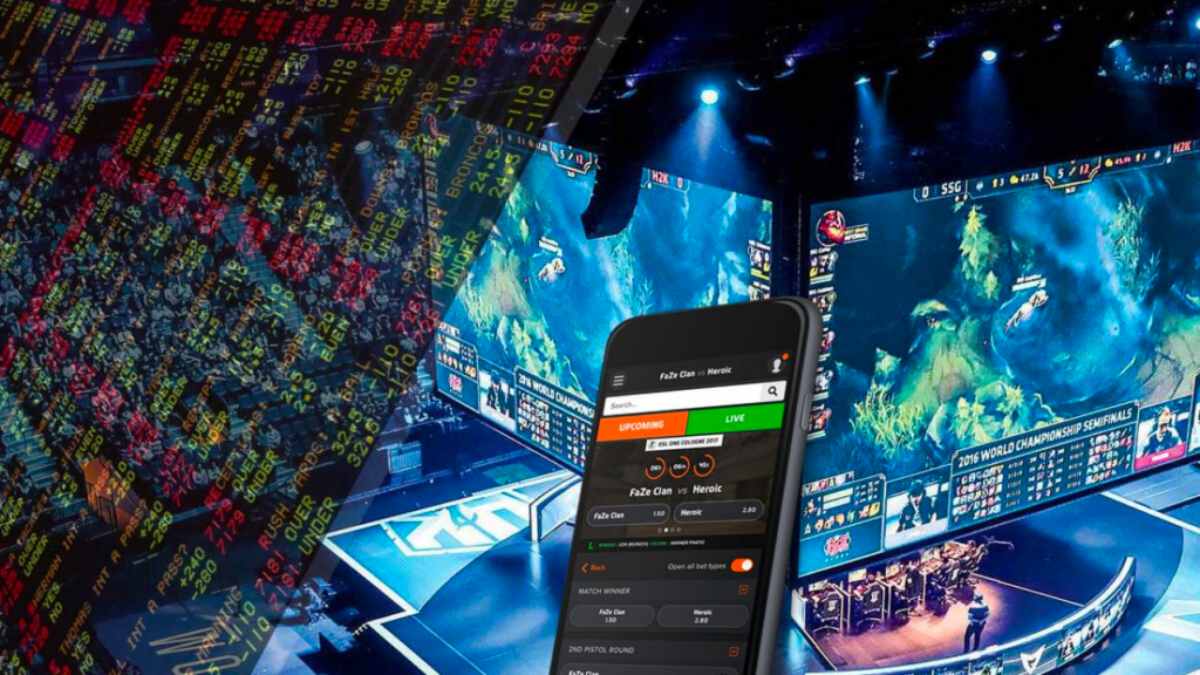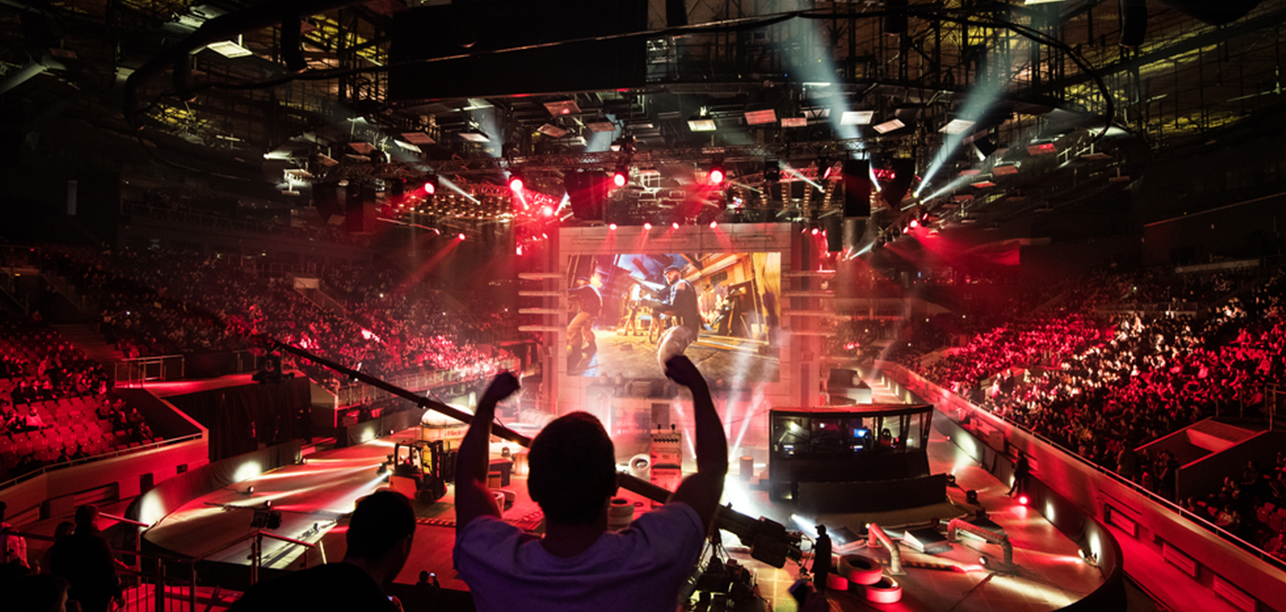
The Biggest Brand Partnerships in Esports Right Now
The esports industry has grown rapidly in the last ten years. This growth includes competition, viewership, and prize pools. It also comes from strong brand partnerships that keep it moving forward. In 2025, traditional sports and esports sponsorships are closer than ever. Big brands are pouring money into competitive gaming.
This shift is not just a trend; it’s a significant change in esports marketing. Global companies connect with passionate fans. They embrace digital innovation and use innovative content strategies. Let’s look at the key brand partnerships in esports today. We’ll see why they’re essential for the industry’s future.
Why Esports Sponsorships Matter More Than Ever
Sponsorships are the backbone of esports economics. Unlike traditional sports, esports doesn’t rely solely on ticket sales and TV rights for revenue. Instead, it targets digital sponsorships, merchandise, streaming platforms, and event deals.
What makes esports sponsorships especially attractive for brands?
- Global audience reach across platforms like Twitch, YouTube, and TikTok
- Youthful demographic, with strong Gen Z and Millennial representation
- High engagement rates, particularly in live-streamed content and social media
- Tech-forward integration, enabling interactive and immersive marketing
In 2025, partnerships will be more dynamic and multi-layered. They include content co-creation, in-game branding, exclusive product lines, and major tournament sponsorships.
1. Red Bull x League of Legends Esports
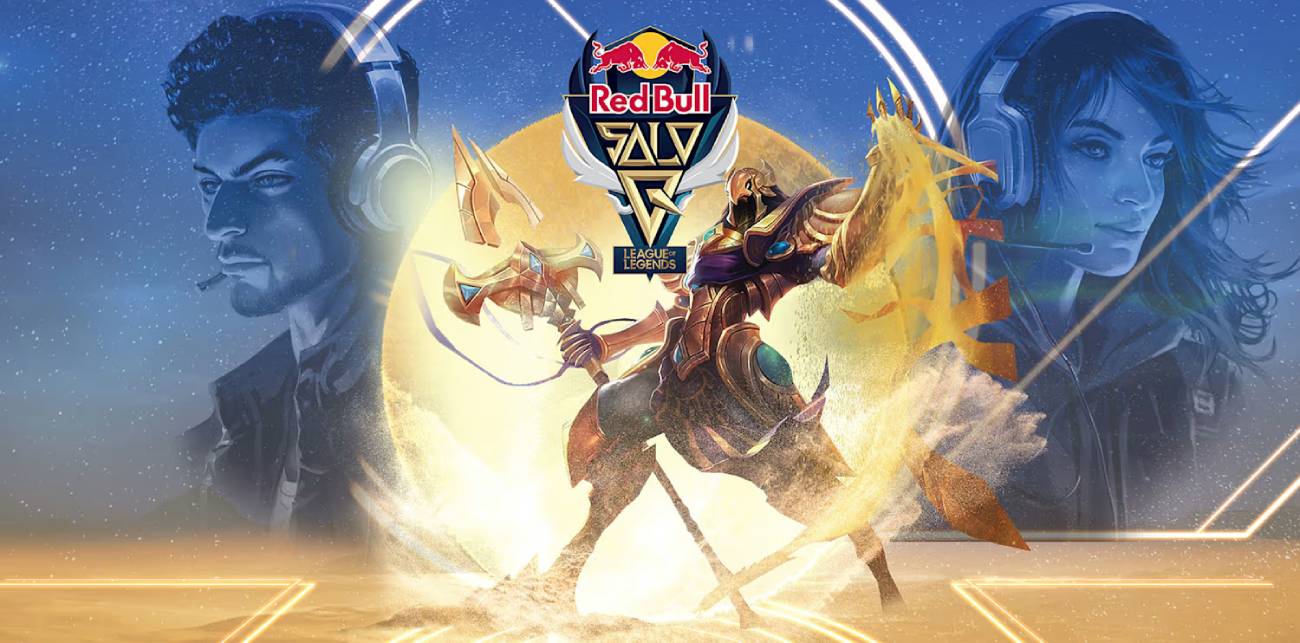
Red Bull tops esports sponsorships due to its close relationship with Riot Games and the League of Legends scene. Red Bull has made its mark in the LoL ecosystem. It sponsors the Red Bull Solo Q 1v1 tournament and appears in regional leagues, such as the LEC (League of Legends European Championship).
Key Highlights:
- Red Bull Player Zones at live events
- Branded content series featuring top LoL pros
- Co-branded merchandise and promotional campaigns
Why It Works: Red Bull’s brand stands for high energy, top performance, and global adventure. This matches the high-stakes, skilful gameplay of League of Legends. The partnership boosts Red Bull’s digital content and lifestyle branding.
2. BMW x Multiple Esports Teams (United in Rivalry)
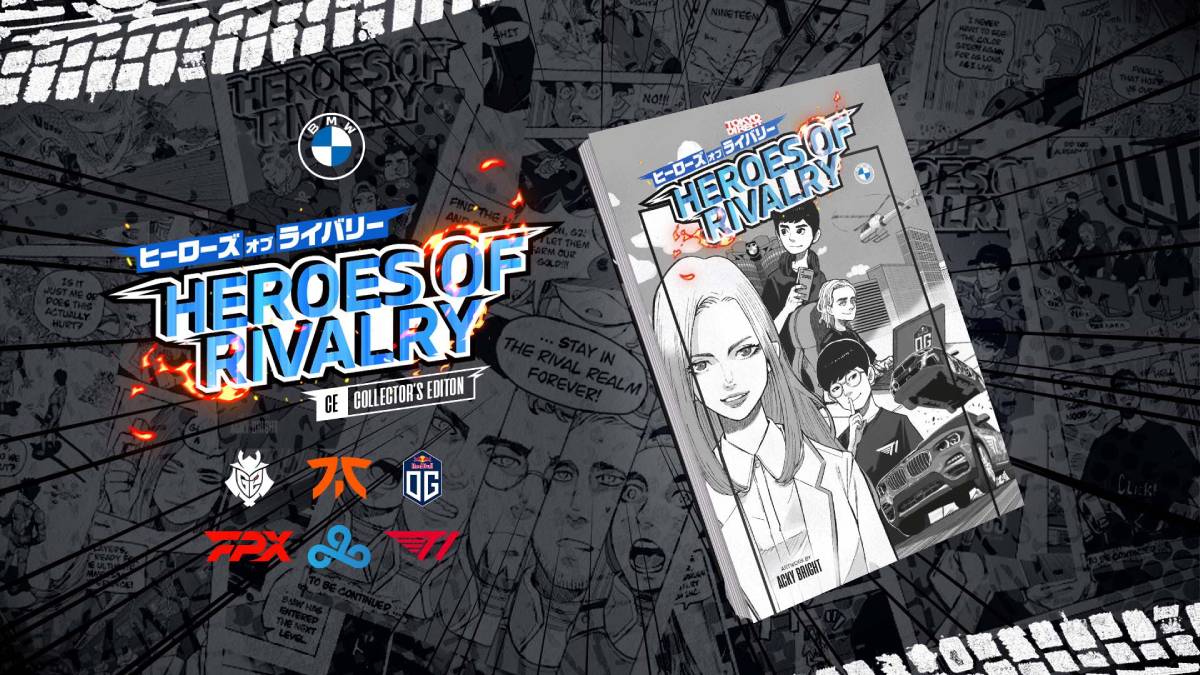
BMW is making a strong move in esports marketing with its campaign, “United in Rivalry.” The automaker teamed up with top groups in various regions and games. These teams include Cloud9, Fnatic, T1, G2 Esports, and FunPlus Phoenix.
Key Highlights:
- Integrated BMW branding on team jerseys and social assets
- Custom esports-focused BMW content
- Esports-themed car displays at international gaming expos
Why It Works: BMW recognises the global, borderless nature of esports. They don’t just sponsor one game or event. They invest in the lifestyle and stories of esports fans and players. Their digital-first campaigns emphasise innovation, performance, and design—paralleling their automotive DNA.
3. Louis Vuitton x Riot Games
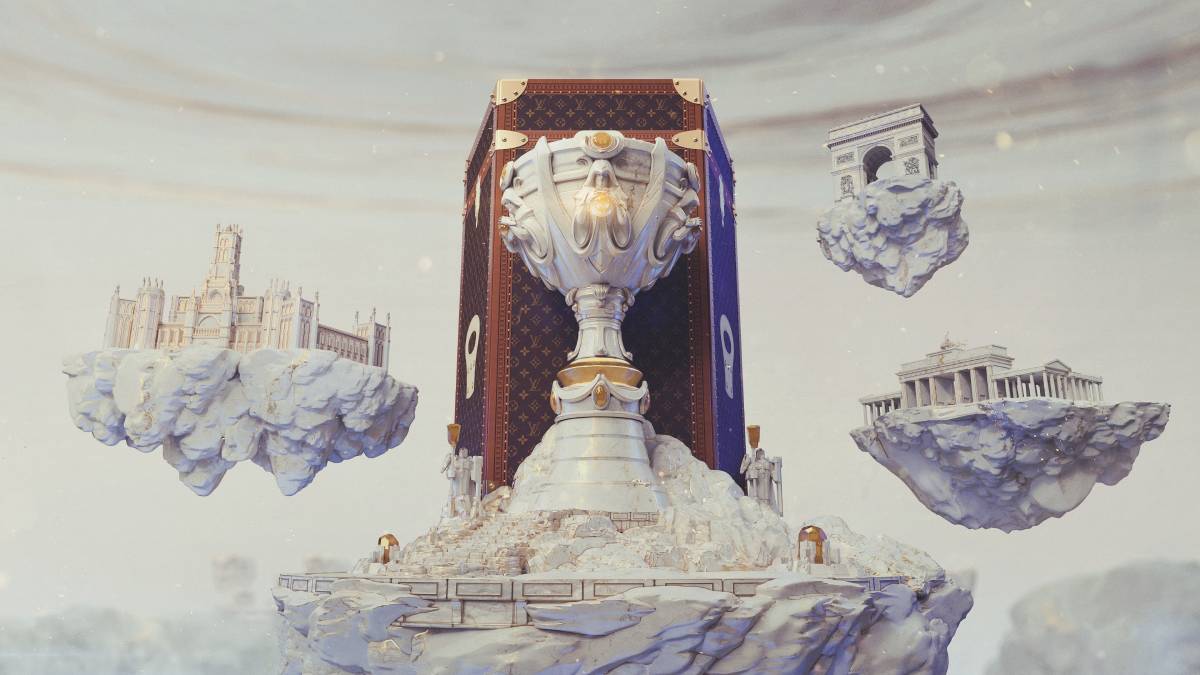
In a surprising move, Louis Vuitton teamed up with Riot Games. They designed a special trophy case for the League of Legends World Championship. They also created in-game skins and real-world apparel.
Key Highlights:
- Iconic Louis Vuitton-designed Summoner’s Cup travel case
- In-game skins by fashion designer Nicolas Ghesquière
- Co-branded capsule collection combining gaming and high fashion
Why It Works: This partnership raised esports’ cultural status. It linked luxury with gaming. Esports marketing isn’t just for tech or energy drink brands. It can also grow into fashion, lifestyle, and more.
4. Coca-Cola x Overwatch League
Coca-Cola has been a key sponsor of the Overwatch League (OWL) since its early days. In 2025, their partnership is still strong. Coke is the official non-alcoholic drink sponsor of the OWL. It has also created many fan experiences.
Key Highlights:
- Sponsored OWL Watch Parties and fan hubs
- Branded content with player interviews and highlight reels
- Coke-themed digital integrations and collectable merch
Why It Works: Coca-Cola brings decades of experience in sports marketing and community-building. Their role in OWL shows they want esports to be seen like traditional sports. This means better visibility, professionalism, and fan engagement.
5. Spotify x Riot Games (Esports Playlists)
This music and gaming crossover has gained tremendous traction. Spotify teamed up with Riot Games. They provide exclusive League of Legends playlists. You can also find behind-the-scenes podcast content. Plus, enjoy music from virtual LoL groups like K/DA and Pentakill.
Key Highlights:
- Curated playlists for specific teams, regions, and moods
- The official League of Legends Esports podcast
- Interactive fan campaigns with user-generated playlists
Why It Works: Spotify understands that music is central to gamer identity. This partnership improves the experience for both viewers and players. It focuses on lifestyle branding and emotional connections, not just product placement.
6. Nike x LPL (League of Legends Pro League China)
Nike made a big move into esports by partnering with the Chinese League of Legends Pro League (LPL). The brand provides exclusive jerseys, gear, and performance training programs for pro players.
Key Highlights:
- Nike-designed uniforms for all 17 LPL teams
- Fitness and wellness training camps
- Co-branded esports lifestyle content
Why It Works: Nike’s entry into esports sponsorships goes beyond logos. It’s about supporting athlete health and promoting longevity in gaming. They mix performance with fashion, setting a new standard for esports clothing and identity.
7. Gucci x Fnatic
Gucci teamed up with Fnatic to launch a luxury watch line. However, this partnership grew into a broader content and branding alliance. Gucci is promoting esports lifestyle and fashion through a partnership with a UK team.
Key Highlights:
- Limited-edition Fnatic x Gucci Dive watch
- Digital content series around esports fashion
- Influencer campaigns linking gaming and luxury
Why It Works: Luxury brands know young, global audiences want authenticity and exclusivity. Gucci’s entry into esports shows a new level of high-end branding in gaming.
The Takeaway: A New Era of Esports Marketing
As esports grows, sponsorships go beyond just putting logos on jerseys. They’re about:
- Storytelling and lifestyle branding
- Integrated digital experiences
- Community-driven content
- Product innovation and co-creation
The best brand partnerships in esports understand and respect the culture. They don’t just try to profit from it.
Esports is a treasure trove for brands. Traditional ads don’t work here, but real engagement does. These partnerships will provide fans with more content and better experiences. This growth shows that gaming is not just a hobby; it’s a cultural force.
